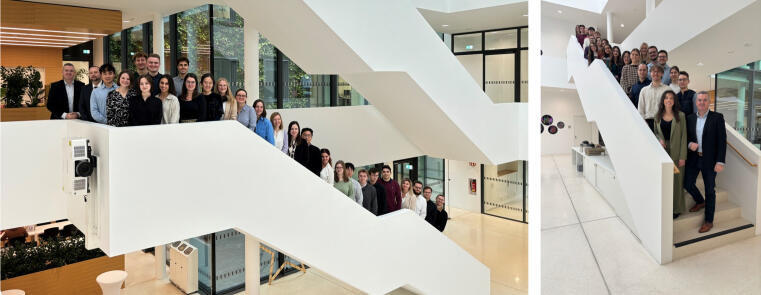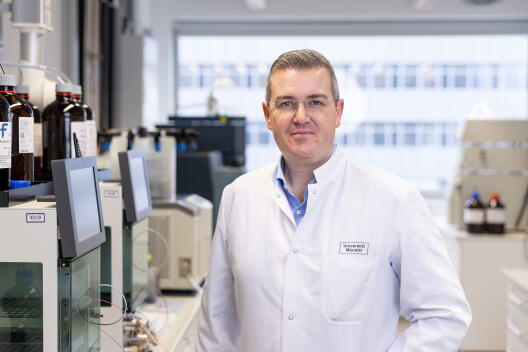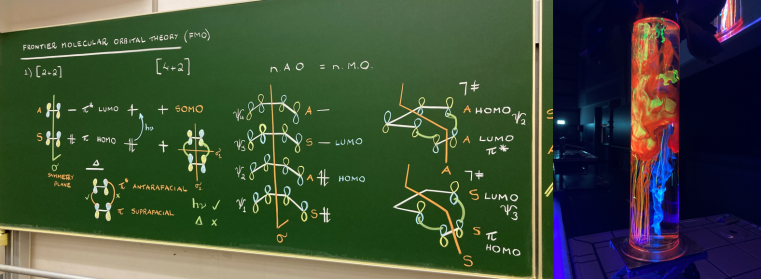

Meet the group

Welcome to the Gilmour Laboratory!
One of the greatest challenges facing organic chemistry is the synthesis of function, and so a central theme in the Gilmour Laboratory is molecular design. The ability to construct predictably functional molecules, either for research in the life sciences or materials fields requires the conception of systems with defined properties. As such any process must logically commence with a process of molecular design. The research programme in our laboratory is broadly based on exploiting physical organic principles to design novel materials with predictable conformational behaviour and/or reactivities. Since the group was established in 2009, the unifying theme of our research has been the strategic utilisation of stereoelectronic and electrostatic effects to predictable control molecular topology. So far, leveraging this design approach has been validated in the fields of enantioselective organocatalysis, preparative glycochemistry and carbohydrate mimesis, physical organic chemistry, and chemical biology.
Addressing Societal Problems with Organic Chemistry

Organic chemistry has never been more important than it is today. Small organic molecules are set to play an important role in solving a range of societal problems. Examples include effective agrochemicals to manage food production, and next generation energy storage solutions. We are currently seeing a wave of infectious diseases, and antibiotic resistance is a persistent threat. Organic chemistry is a key component in tackling these issues, but interdisciplinarity is essential. CiM, which links scientists from different disciplines, is therefore a wonderful institution at WWU.
For a Royal Society of Edinburgh opinion piece, see https://rse.org.uk/resources/resource/blog/why-synthetic-organic-chemistry-has-become-an-indispensable-part-of-modern-life/
Merging Teaching and Research

We are strong proponents of Humboldt's philosophy of unifying teaching and research. Physical organic chemistry is a foundational pillar of our research portfolio, and it logically features prominently in our teaching programme. By understanding structure and reactivity, guiding principles can be established to successfully navigate contemporary organic chemistry in the broadest sense. Our goal is to equip the next generation of scientists with the skills and motivation to innovate! We are actively engaged in outreach and public engagement, and welcome further suggestions.
Follow us on LinkedIN!

We acknowledge generous financial support

